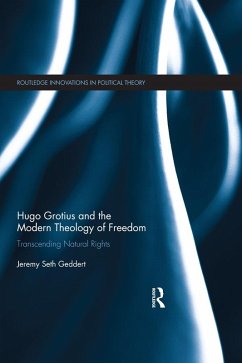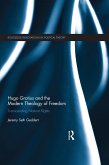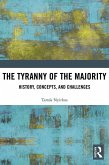This book uncovers in secular rights pioneer Hugo Grotius a rights theory that points toward the enlargement of individual responsibility. It grounds this connection in Grotius' unexplored theological corpus, which reveals a dual metaethics and jurisprudence. Here a deontological natural law undergirds a secular theory of rights that is self-aware of its own limitations. A teleological practical reason then guides the exercise of these rights, so as not to compromise the political order that defends them. The book then illustrates this symbiosis of rights and responsibilities in five areas: consent theories of government, rights of rebellion, criminal punishment, war and international responsibility, and Atonement theology. This reassesses Grotius' legacy as a secularist opponent of classical political thought, and suggests that modern liberalism and universal human rights are compatible with a world of resurgent religion.
Dieser Download kann aus rechtlichen Gründen nur mit Rechnungsadresse in A, B, BG, CY, CZ, D, DK, EW, E, FIN, F, GR, HR, H, IRL, I, LT, L, LR, M, NL, PL, P, R, S, SLO, SK ausgeliefert werden.









